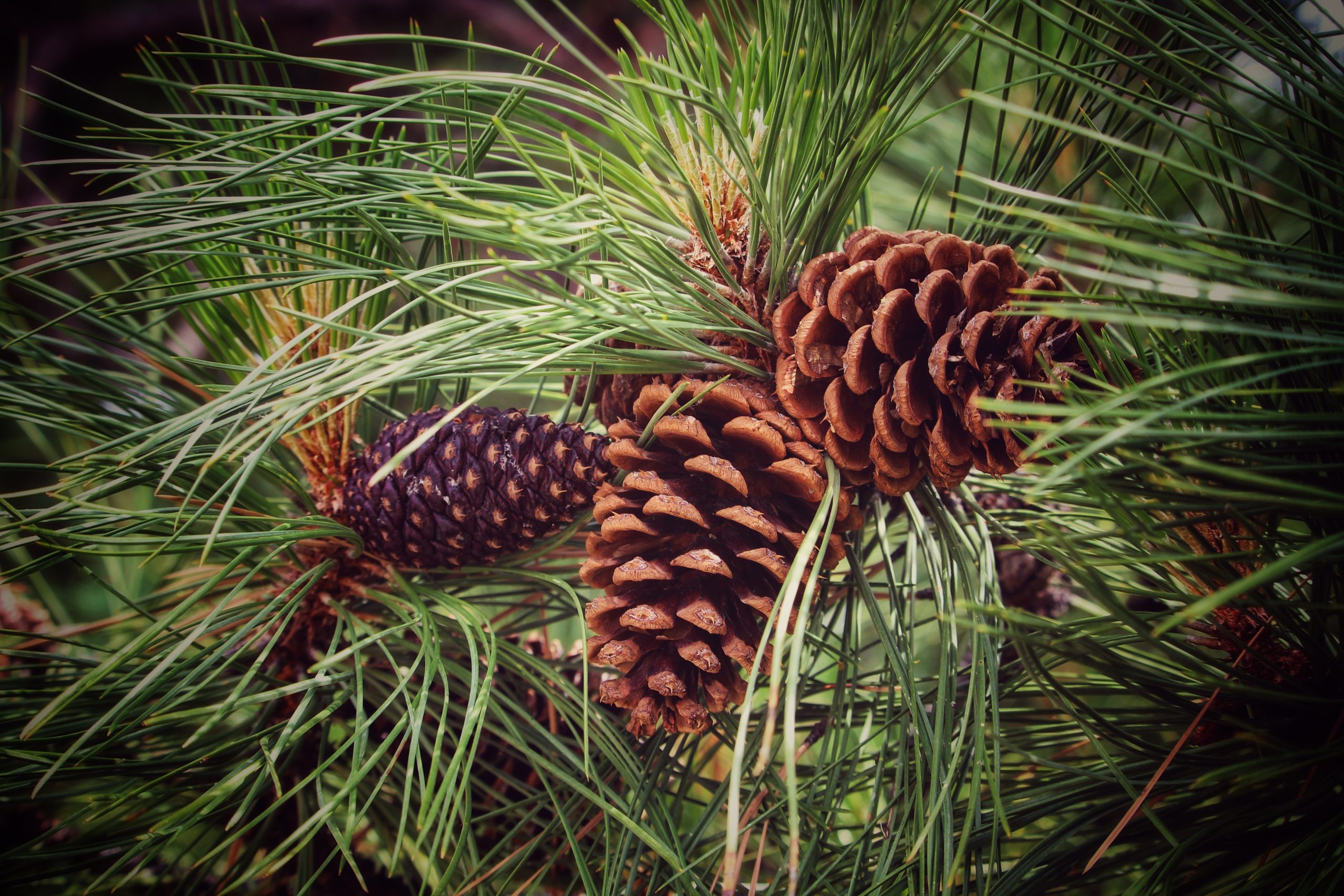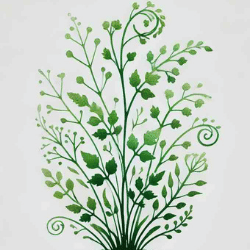
Forest Service Northern Region from Missoula, MT, USA, Public domain, via Wikimedia Commons
Pine trees, ubiquitous in forest landscapes around the world, are not just iconic symbols of wilderness; they also offer potent health benefits, particularly through their needles. Pine needle tea has been a traditional remedy among various cultures, revered for its vibrant, clean taste and its medicinal properties.
Identifying Pine Trees for Needle Tea
Pine trees are evergreens, which means they retain their needles throughout the year, making them an excellent source for year-round harvesting. The needles are long, thin, and usually grouped in clusters of two to five, depending on the species. For making tea, it’s essential to correctly identify edible pine species as some, like the yew and Norfolk Island pine, are toxic.
Common edible pines include the white pine (Pinus strobus), red pine (Pinus resinosa), and Scots pine (Pinus sylvestris). These species are known for their long, soft needles and are generally safe for making tea.
Medicinal Uses and Energetics of Pine Needle Tea
Pine needle tea is celebrated for its myriad health benefits, rooted in its high content of vitamin C, vitamin A, and antioxidants. Here are some of the key medicinal uses and energetics:
- Respiratory Health: Pine needle tea is often used to support respiratory function. It acts as an expectorant, helping to clear mucus and congestion from the lungs.
- Immune Support: The high levels of vitamin C in pine needles make the tea a natural immune booster, helping to fend off illness and infection.
- Antioxidant Properties: Antioxidants in pine needles help combat oxidative stress and may reduce the risk of chronic diseases.
- Energetics: In herbal medicine, pine needle tea is considered warming and drying. It is often recommended for cold, damp conditions, where it can help warm the body and dry excess moisture, such as mucus.
- Anti-inflammatory: Pine needles have anti-inflammatory properties that can help reduce pain and swelling, both internally and externally.
Preparing Pine Needle Tea
To make pine needle tea, first ensure that the needles are from a safe, non-toxic pine species. Gather fresh, green needles, wash them thoroughly to remove any dirt or debris, and chop them finely to release their oils. Steep about a tablespoon of chopped needles in hot water for 10 to 15 minutes. Strain the needles out, and your tea is ready to enjoy. The tea should have a subtle, woodsy flavor and can be enhanced with a touch of honey if desired.
Harvesting and Sustainability
When harvesting pine needles, it’s important to do so sustainably. Never strip all the needles from a single branch or tree. Instead, take small amounts from multiple trees or branches. This practice helps preserve the health of the trees and ensures that they continue to thrive and provide for future needs.
Why Drink Pine Needle Tea?
Incorporating pine needle tea into your routine is not just about enjoying its unique flavor but also about embracing its health benefits. Whether you’re seeking to boost your immune system, support respiratory health, or simply enjoy a piece of the forest in your cup, pine needle tea offers a connection to nature that is as nourishing as it is ancient. It serves as a reminder of the natural world’s potent remedies and the enduring wisdom of traditional herbal practices.

Leave a Reply